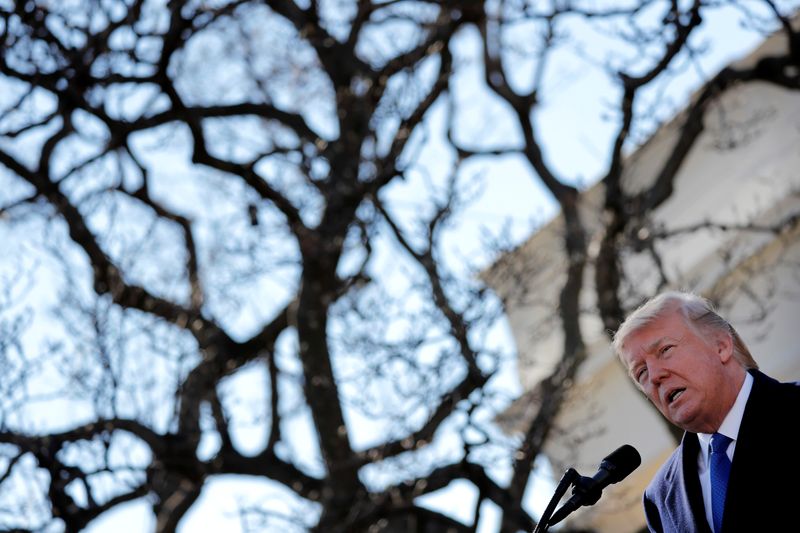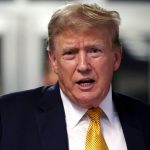WASHINGTON (Reuters) – Donald Trump said on Tuesday he does not support a ban on birth control, after coming under fire for comments he made earlier in the day that political opponents said suggested he would consider restricting contraceptives.
“I HAVE NEVER, AND WILL NEVER ADVOCATE IMPOSING RESTRICTIONS ON BIRTH CONTROL,” the Republican presidential candidate said on his social media site, Truth Social.
Earlier on Tuesday, he was asked in an interview with KDKA News in Pittsburgh if he supported any restrictions on the right of people to use contraception.
“We’re looking at that,” he responded, “and I’m going to have a policy on that very shortly, and I think it’s something that you’ll find interesting.”
Asked if that included the so-called morning-after pill, Trump said, “Things really do have a lot to do with the states, and some states are going to have different policy than others.”
The fight over reproductive rights is a flashpoint in the 2024 presidential race. Opinion polls show most Americans don’t favor strict limits on those rights, and Democrats are hoping the issue will encourage millions of women and independents to vote their way.
Democrat Joe Biden’s campaign swiftly posted Trump’s response on social media platform X, contending that Trump had said he would restrict the pill’s use.
Trump, in his social media response, said Democrats were lying about his stance.
Trump was not asked about limits on the abortion drug mifepristone, which is used as part of a two-drug regimen to end pregnancies and not as a contraceptive.
Trump has promised for weeks to release a policy about mifepristone with regard to its use in states that restrict surgical abortions. Medication abortion has become the most common method of ending pregnancies, now accounting for more than 60% of U.S. abortions.
The U.S. Supreme Court is expected to rule by late June on a challenge to the Food and Drug Administration’s regulations that allow for medication abortions at up to 10 weeks of pregnancy instead of seven, and for mail delivery of the drug used to end pregnancies without a woman first seeing a clinician in-person.
The former president has frequently clashed with his party on issues of reproductive rights. Last year, when states such as Florida passed a highly restrictive six-week ban, Trump said it was “too harsh” and would damage Republicans politically.
When the Alabama Supreme Court ruled in February that frozen embryos should be considered children, Trump urged the state to pass legislation to protect in-vitro fertilization treatments.
Under pressure from anti-abortion groups during the Republican primary earlier this year, Trump made suggestions about supporting a 15-week federal ban. But ultimately, he rejected the idea, saying the matter should be remain with individual states, disappointing some conservative activists.
In the KDKA interview on Tuesday, Trump declined to say he would veto a bill that included a 15-week national ban. “I don’t think there would be any reason for it,” he said.

Trump has said he supports exceptions to any ban in cases of rape and incest and to protect the life of the mother.
In a recent interview in Time magazine, he suggested states would be free to regulate abortion as they see fit, including potentially the monitoring of pregnancies to ensure compliance with any ban.
To read the full article, Click Here

